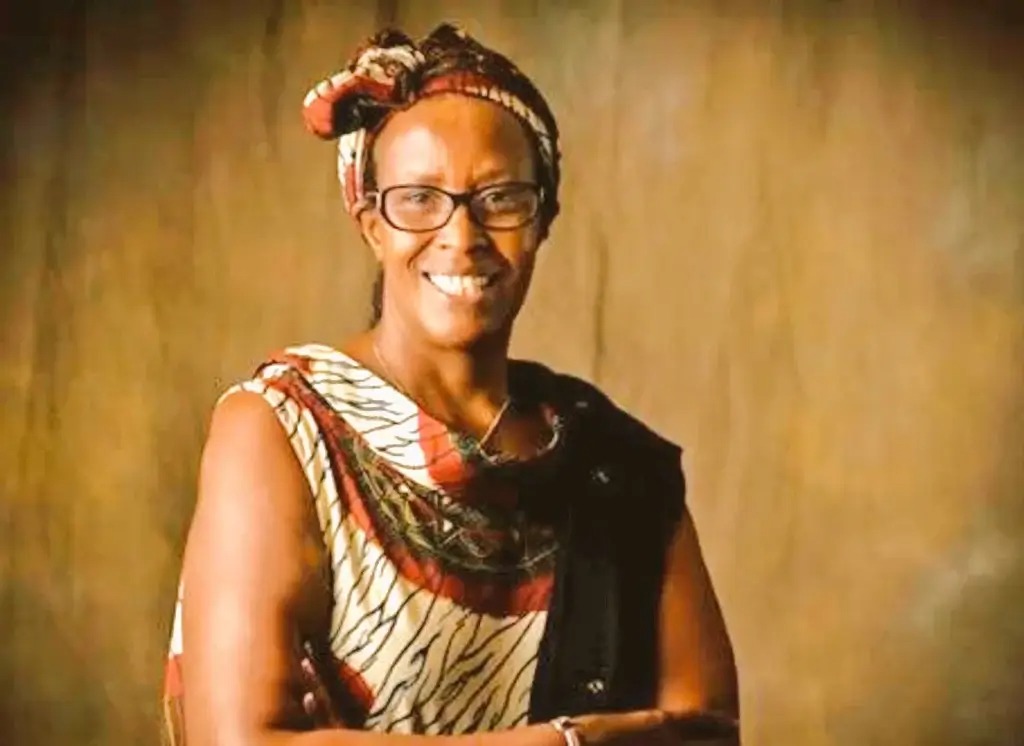Sylvie Kinigi: Prime Minister and President of Burundi
Sylvie Kinigi served as both Prime Minister and acting President of the nation of Burundi from 1993 to 1994. She held these positions concurrently following an attempted coup that resulted in the death of Melchior Ndadaye. She was also the first woman to hold such high-ranking seats in Burundi and Africa.
Early Life and Background

Sylvie Kinigi (née Ntigashira) was born in Ruyigi, Burundi, on June 18, 1952, to a Tutsi family. She grew up during a time when her country faced ethnic tensions between Hutus and Tutsis. Despite the challenges she faced, she always believed in the importance of peace and freedom.
Sylvie Kinigi was the third of six children in her family. Her father was a merchant, and her mother took care of the family and their farm. While her older sister helped their mother with household chores, Sylvie was fortunate to attend school. She was determined to get an education, worked hard, and earned a degree in banking from the University of Burundi in 1979. She also obtained another diploma from a school in Paris. This was a significant achievement because women didn’t often have the opportunity to receive an education like she did. Her experiences in school motivated her to challenge societal norms and advocate for women’s rights.
In 1973, Sylvie married Firmin Kinigi, a Burundian teacher who had taught her. They had five children together. Her husband supported her dreams, and they hired someone to help with household chores while she worked. Unfortunately, he passed away in 1992.
Career in Politics
Sylvie Kinigi began her career in 1990 when she worked for the Bank of the Republic of Burundi, where she was responsible for research and statistics. She also taught at the University of Burundi. Later, in 1991, she became a Special Consultant in the Office of the Prime Minister, tasked with making changes to improve the country’s economy. She negotiated with international organizations like the International Monetary Fund and the World Bank to help Burundi.
Her most significant role came in 1993 following an attempted coup that resulted in the death of Melchior Ndadaye. Sylvie Kinigi became the Prime Minister of Burundi, becoming the first woman to hold this position and one of the few women leaders in Africa at that time. Sylvie Kinigi worked tirelessly to bring peace and unity to the country. She engaged in dialogue with different groups, helped stop the fighting, and pushed for a fair government. She declared that ethnic reconciliation would be her highest priority. Kinigi was pivotal in a constitutional reform that paved the way for an election, which was later annulled by the courts. As a result, in 1994, Cyprien Ntaryamira was appointed president, and Sylvie Kinigi left the world of politics. However, in 2005, she ran for President, although she was not successful.
Humanitarian Work
Later in her career, Sylvie Kinigi continued to believe that women should have the same opportunities as men in society. During her time in government, she advocated for women’s rights, including policies that allowed women to own property in a deeply patriarchal and conservative society.
Sylvie Kinigi went on to work for the United Nations Educational, Scientific and Cultural Organization, and the United Nations Development Programme (representing it in Equatorial Guinea, Cameroon, and Senegal). She also worked with the office of the UN Special Envoy for the Great Lakes Region in Nairobi.
In 2008, Sylvie Kinigi returned to Burundi and worked as an independent economic consultant. In 2016, she led a group to observe elections in Zambia for the Carter Center.
Sylvie Kinigi’s life is a powerful example of how success can be achieved through hard work, courage, and determination. Her story serves as an inspiration, not only in Burundi but also around the world, teaching us that anyone can make a significant difference in making the world a better place for everyone.

